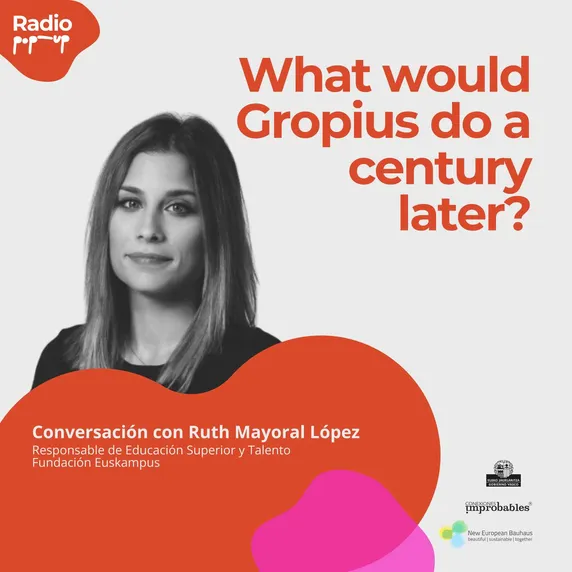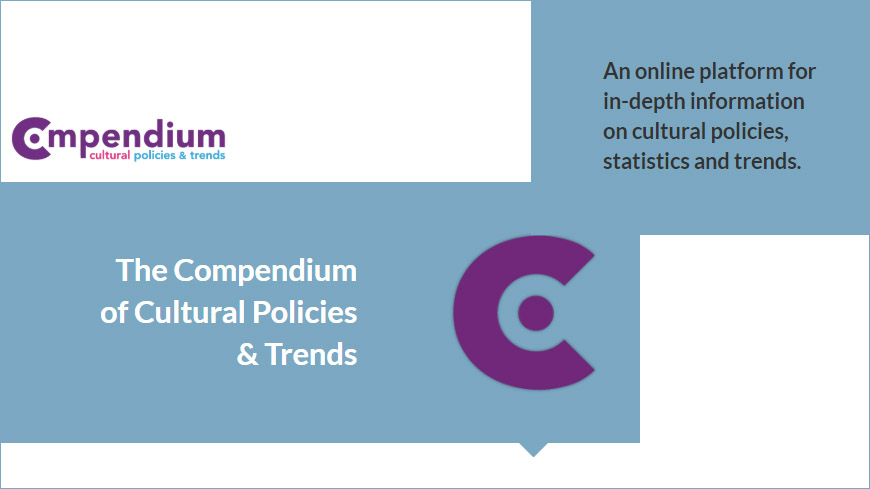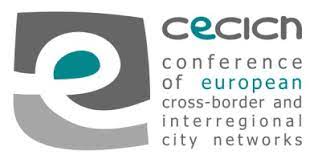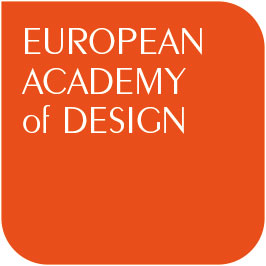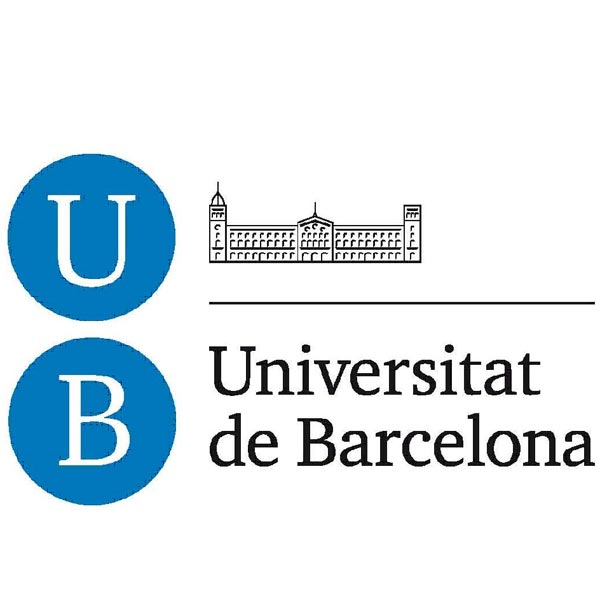I contributed to the strategic launch of the meetings of Conexiones Improbables in 2024 in the frame of the New European Bauhaus initatives, a series of events aimed at analysing the role of arts, culture and creativity in territorial and organisational innovation in Europe. My involvement was threefold: I provided essential assistance in designing the initiative and establishing the thematic framework. I also actively participated in facilitating the conferences and supported the team in helping to produce the three meetings. Finally, I produced the associated podcast, transforming the dialogues and reflections on transdisciplinarity into lasting content. This project demonstrates my ability to manage hybrid formats and translate complex issues into concrete platforms for dialogue.
